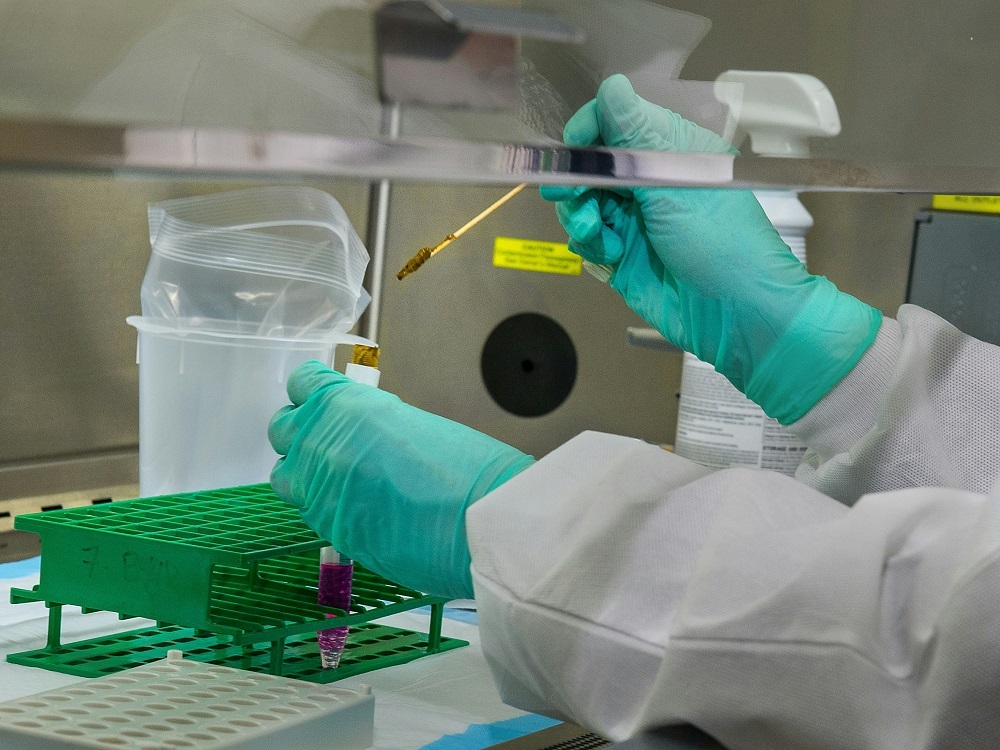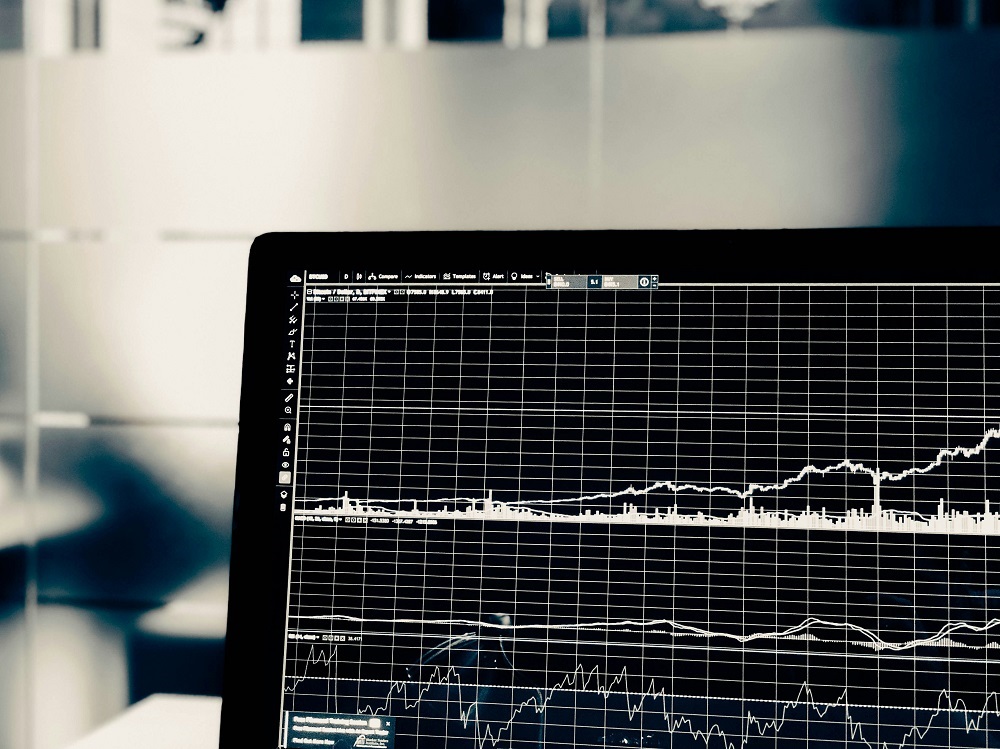The healthcare industry is changing.
The abundance of data available at the organization’s fingertips is transforming the entire industry. How diseases are discovered, how effectively patients are being treated, and how healthcare institutions are utilizing their resources to coordinate and perform. This is where healthcare analytics tools come in handy.
Predictive analytics helps healthcare organizations access, analyze, and process patient data to improve data-based quality care and personalize treatments.
Predictive Analytics in Healthcare Industry
Predictive analytics in the healthcare industry highlights the analysis of current as well as historical healthcare data, enabling healthcare professionals to discover opportunities and make more effective and efficient operational decisions, predict future trends, and manage the spread of diseases.
What Is Predictive Analytics in the Healthcare Industry?
Predictive analytics is a discipline in data analytics that relies on modeling, data mining, AI, and machine learning techniques. It is utilized to evaluate historical and real-time data insights and make future predictions.
Healthcare data is any data related to the health conditions of a patient or a group of patients and is collected from administrative as well as medical records, health surveys, claims-based datasets, and EHRs. Healthcare analytics is a tool the healthcare industry can use and benefit from providing better-quality care to healthcare organizations, hospitals, doctors, physicians, pharmaceutical companies, and healthcare stakeholders.
Read more: Read more: Top 8 Applications of Data Analytics in Real Life
Use of Predictive Analytics in Healthcare Industry
The healthcare industry is known to generate a tremendous amount of data. However, they often struggle to transform that data into valuable insights to improve patient outcomes.
Data analytics in healthcare is applied to every aspect of patient care and operations management. It is also used to investigate methods to enhance patient care, predict disease outbreaks, and reduce the cost of treatment. At a business level, integrating analytics in healthcare can help simplify internal operations, refine the utilization of resources, and enhance care teams’ coordination as well as efficiency. The ability of data analytics tools to transform healthcare data into actionable insights has a significant influence on the following healthcare:
- Clinical research
- Development of new treatments
- Discovery of new drugs
- Prediction as well as prevention of diseases
- Clinical decision support
- Accurate diagnosis of medical conditions
- High success rates of surgeries
- Automation of administrative processes and operations
Benefits of Predictive Analytics in Healthcare
With technological advancement, predictive analytics is tremendously impacting the healthcare industry. AI and machine learning techniques utilize data to diagnose diseases, decide the best treatment for a patient’s use case, and much more. Let's explore some of the most important ways in which healthcare institutions can benefit from predictive analytics:
-
Enhanced Patient Care
The most important benefit of predictive analytics to the healthcare industry is the accessibility to different data – medical history, demographics, economics, and comorbidities. All this data presents doctors and healthcare professionals with valuable insights to guide their decisions. Predictive analytics is used to enhance patient outcomes. By examining data and outcomes of old patients, machine learning algorithms can provide insights into treatment methods that will work best for every patient.
-
Personalized Patient Treatments
Traditionally, treatments and drugs were prescribed based on limited data based on statistics of a broad population. With predictive analytics, medical professionals can more accurately diagnose patients and identify an effective course of treatment tailored to the patient’s unique health situation.

-
Digitalization & Tracking
The digitalization of the health industry can transform the way patients and health professionals interact. Digital healthcare devices attached to our bodies assist in tracking our health and body performance at any given time.
-
Reduce Healthcare Costs
Predictive analytics can be integrated to reduce healthcare costs. It can help cut patient costs by reducing unnecessary hospitalization care when it is unnecessary. It can be beneficial in controlling hospital supplies costs and predicting hospital staffing needs.
-
Chronic Disease Management
Chronic diseases are considered a leading cause of death and disability across the US. They are also the main drivers of the country’s $3.5 trillion in annual health costs. Chronic disease management relies on the ability of healthcare professionals to contain the development of these diseases and to control them. Preventing chronic conditions is a challenging task. Predictive analytics can help healthcare providers make timely and fact-based decisions to provide effective treatments and reduce the costs of this care.
-
Fraud Detection
Fraud in healthcare is a common concern. Fraudulent healthcare schemes take place in many forms. Individuals obtain subsidized or fully covered prescription pills that are unnecessary and then sell them on the black market for a profit, incorrect reporting of diagnoses to maximize payment, prescribing additional treatment, etc.
-
Recognizing At-Risk Patients
Predictive analytics in healthcare predict patients are at a higher risk. It can help identify patients with cardiovascular disease with the highest probability of hospitalization basis age-coexisting chronic illnesses and medication adherence. Predictions on the probability of disease and chronic illness can assist doctors and healthcare organizations in proactively providing patient care.
Read more: What is Descriptive Analytics: Definition & Examples
-
Forecast Equipment Maintenance
Predictive analytics has long been used across manufacturing and telecommunication to identify maintenance needs. In a similar way, the healthcare industry can benefit from predictive analytics. By analyzing the collected data from sensors in MRI machines, predictive analytics can help predict any failures. Hospitals can also schedule maintenance activity when the devices are not in use, thereby minimizing workflow disruption.
-
Prevent Human Errors
The impact that human errors can have on healthcare could prove fatal. With real-time and accurate insights, healthcare professionals can guide their actions, and data can further help flag potential errors as well as prevent fatal mistakes.
Predictive Analytics in Healthcare Examples
Today, predictive analytics is transforming the field of healthcare in multiple ways. Let's explore some exciting examples of predictive analytics in the healthcare industry:
-
Preventing Readmission
The costs of hospital readmission are high. Reports have highlighted that the US healthcare system spends almost $52.4 billion on readmissions annually. Additionally, hospitals are likely to pay heavy penalties under Medicare’s Hospital Readmission Reduction Program. This adds financial incentives to combat readmission.
Healthcare predictive analytics can help identify patients with traits indicating a high possibility of readmission. This can assist doctors in allocating more resources for follow-ups and personalizing discharge protocols.
-
Managing Population Health
Another prominent example of predictive analytics in healthcare covers two aspects.
Recognizing public health trends with predictive analytics: Predictive analytics in healthcare helps in identifying potential population health trends. The healthcare industry is integrating predictive analytics to uncover health trends.
Detecting disease outbreaks with predictive analytics: Predictive analytics can help predict the emergence of the outbreak, just like predictive analytics had foreseen the COVID-19 pandemic.
-
Predicting Onset of Diseases
Predictive analytics with machine learning can help healthcare professionals forecast diseases when patients do not show any visible signs or tendencies for onsets. A research team designed an ML-powered tool that could help predict multiple myeloma. This solution takes into understanding tumor genomics and the prescribed treatment. During this project, researchers were able to identify 90 genes that could be present in a tumor and have a high potential for mutation.
-
Speeding up Insurance Claim Submissions
Predictive analytics in healthcare can help spot insurance claims that could get rejected based on historical data and rejection patterns. The technology can also help detect insufficient reimbursement codes or suggest matching fields. These tools can help hospitals in preparing insurance claims faster. Apixio, headquartered in California, built an analytics-powered tool for healthcare that helps hospital coders identify the correct codes for insurance claims.
-
Enhancing Cybersecurity
As per the HIPAA Healthcare Data Breach Report, cyberattacks are frequent in the healthcare industry. The report further revealed that between January and October 2023, almost 82.6 million healthcare records were exposed.
Cybersecurity predictive analytics in healthcare can help contribute to this situation. Healthcare organizations can integrate predictive analytics solutions and artificial intelligence for the healthcare sector to calculate risk for different online transactions in real time. Predictive analytics in cybersecurity has two high-level types.
- Vulnerability-based solutions help search for weaknesses in the healthcare system that can be exploited.
- Threat-focused platforms help search for potential threats.
Predictive modeling in healthcare further assists in monitoring data and identifying any changes in patterns that could indicate an intrusion.
Read more: Top Data Analytics Companies in India [Updated 2024]
-
Predict Suicide Attempts
Suicide is considered the tenth leading cause of death across the US, taking the lives of 14 Americans out of 100,000 annually. Predictive analytics tools can help factor in a patient’s previous attempts and social and economic conditions to understand the likelihood of future attempts.
How to Use Predictive Analytics in Healthcare Industry
Predictive analytics in healthcare helps enhance decision-making, streamline operations, and improve patient outcomes. By leveraging data-driven insights generated using predictive analytics frameworks, healthcare providers can predict disease outbreaks, optimize resource allocation, and personalize patient treatment plans. It further assists in transforming patient care by facilitating early intervention, reducing treatment costs, and increasing overall efficiency.

Key Highlights
- AI systems are equipping healthcare to analyze patient records and identify subtle patterns, facilitating early diagnosis and treatment, thereby significantly enhancing patient outcomes.
- AI models help predict adverse drug reactions by analyzing molecular interactions and treatment efficacy.
- AI leverages genetic, environmental, and lifestyle data to design personalized treatment plans, optimize medication effectiveness, and reduce unnecessary interventions.
- Wearable devices and predictive algorithms help in monitoring vital signs in real-time, thereby alerting healthcare service providers and enabling timely interventions, thus enhancing patient health management.
- AI helps accelerate drug discovery by scanning chemical libraries as well as predicting drug interactions, shortening the time to market.
- AI identifies at-risk patients and recommends personalized follow-up care plans, reducing readmissions and improving patient outcomes.
Read more: Top 10 Data Science Companies in India - 2024
In Conclusion - Predictive Analytics in Healthcare
Global predictive analytics in the healthcare market is expected to grow at a CAGR of 24.4% from the year 2023 to 2030. It presents plenty of opportunities for healthcare providers as well as health tech organizations. By deploying predictive analytics, healthcare organizations can develop fair and suitable frameworks for the targeted population segments.
Undoubtedly, AI-powered predictive analytics consulting is set to transform the healthcare sector significantly by setting up instruments for early disease detection, personalized care plans, and optimized resource usage. This technology further demonstrates the potential to future-proof healthcare systems, putting patients at the forefront of everything.
A leader in the healthcare research domain, SG Analytics assists healthcare companies in leveraging the power of information. Contact us today if you are in search of efficient Healthcare solutions to make sound business decisions.
About SG Analytics
SG Analytics (SGA) is an industry-leading global data solutions firm providing data-centric research and contextual analytics services to its clients, including Fortune 500 companies, across BFSI, Technology, Media & Entertainment, and Healthcare sectors. Established in 2007, SG Analytics is a Great Place to Work® (GPTW) certified company with a team of over 1200 employees and a presence across the U.S.A., the UK, Switzerland, Poland, and India.
Apart from being recognized by reputed firms such as Gartner, Everest Group, and ISG, SGA has been featured in the elite Deloitte Technology Fast 50 India 2023 and APAC 2024 High Growth Companies by the Financial Times & Statista.
FAQs - Predictive Analytics in Healthcare
-
What is predictive analytics in healthcare?
Predictive analytics in healthcare refers to analyzing historical data to identify patterns as well as predict future events. Healthcare institutions can identify and treat patients through predictive analytics before they develop chronic conditions. It is an analytical approach integrated to score patients across some characteristics like demographics, disabilities, age, and past care patterns.
-
How is predictive analytics used in healthcare?
Predictive analytics in healthcare plays a critical role in enhancing care delivery and patient outcomes. By leveraging historical data, predictive analytics enables health systems to measure what is likely to happen in the future from an operational as well as clinical perspective.
-
What data is used for predictive analytics in healthcare?
Predictive analytics in healthcare uses advanced data analysis on past health data. The goal is to discover useful patterns and insights within this data that can help healthcare professionals predict future events and outcomes accurately.
-
What are the benefits of predictive analytics in healthcare?
Let's explore some examples of how predictive analytics can be beneficial for healthcare leaders are as follows:
- Reducing costs on appointment and readmission penalties.
- Speeding up administrative tasks like discharge procedures and insurance claims submission.
- Preventing ransom and cyberattacks by analyzing ongoing transactions along with assigning risk scores.
- Proactively preparing for upcoming health trends.









